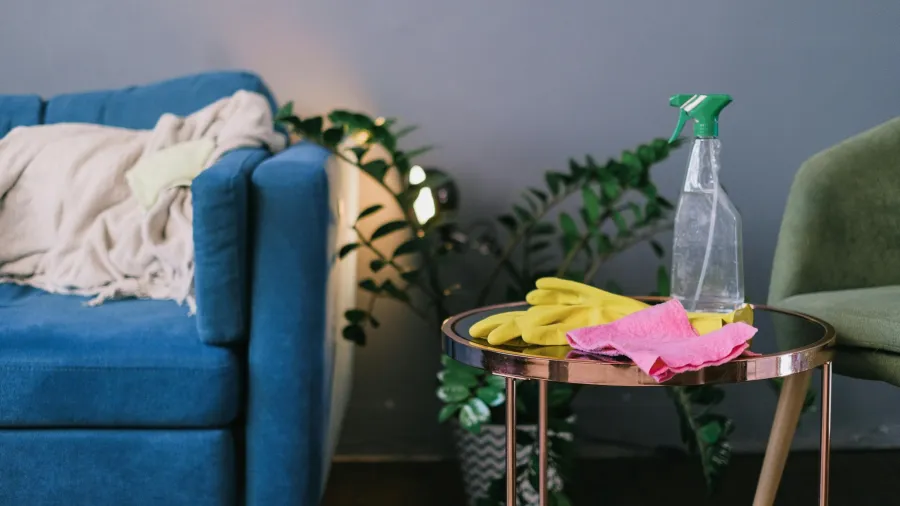
Premium brands struggle as consumers opt for cheaper home and personal care products
This is amidst the changing regional and generational consumer attitudes towards value for money.
Fast-moving consumer goods (FMCG) brands are grappling with new challenges as consumer preferences shift toward cheaper homecare and personal care products, GlobalData reported.
“Brands across the FMCG space are experiencing new challenges and opportunities relative to regional and generational shifts in consumer attitudes regarding value for money,” it stated.
As per Evolving Consumer Attitudes and Behaviors: Q1 2024 report, Generation X and Baby Boomers have become more focused on finding value for money in health, hygiene, toiletries, and household products. Between 2021 and 2024, these older consumers have shifted their spending priorities, increasingly opting for lower-priced products.
Chris Rowland, a consumer analyst at GlobalData, noted that brands are struggling with rising costs but can no longer easily pass these on to consumers. “Consumers are now increasingly considering lower price options as better value for money relative to high-quality,” he said.
From Q1 2021 to Q1 2024, positive associations between low prices and good value for money increased by 11% amongst Gen X and 14% amongst Boomers for healthcare, hygiene, and toiletry products. Household care and laundry products saw similar trends, with positive perceptions rising by 10% and 14%, respectively.
As inflation reshaped spending priorities in 2022, brands are now advised to tailor their strategies to different consumer groups. For older consumers, value for money should be the focus, whilst younger consumers, like Gen Z, respond better to social media-driven content.
Rowland said that brands need clear price strategies and affordable options to meet evolving consumer expectations. Private label brands are well-positioned to benefit, serving as benchmarks for value, whilst other brands should look at reducing costs by simplifying branding and focusing on essential ingredients.

















 Advertise
Advertise





